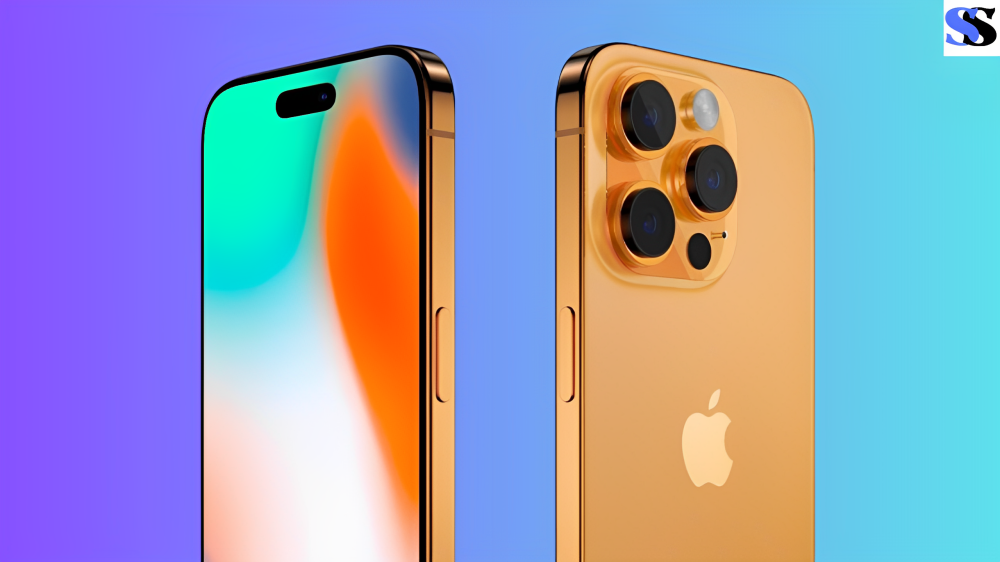Although Apple hasn't officially made the debut date public, the iPhone 15 series is expected to be available starting next month. Online information leaks over the past few months have revealed a lot about the next iPhone. The iPhone 15 Pro models have finally been made public on the Geekbench benchmarking website thanks to a tip. The benchmarking results for the iPhone 15 Pro and 15 Pro Max have stirred interest among tech enthusiasts and Apple enthusiasts alike. The A17 Bionic chipset of the iPhone 15 Pro is said to be superior to the iPhone 14 Pro and even the top Android phones currently available.
New benchmark results for the iPhone 15 Pro
The A17 Bionic chipset used in Apple's next iPhone 15 series has a single-core score of 3,279 and a multi-core score of 7,666 according to benchmark results shared by tipster Navin Techwala. Naveen didn't directly disclose the chipset being tested on Geekbench 6, but that was to be expected.
However, this is not the first time the A17 Bionic chipset benchmarking results for the iPhone 15 Pro have been revealed. The single-core test result for the Geekbench 5 benchmark test, which was released a few days ago, was 2,317 points, and the multi-core test result was 6,750 points. The results for Geekbench 6 were 3,019 and 7,860 points, respectively.
The performance of the iPhone 15 Pro's A17 Bionic chipset will significantly improve when compared to previously leaked results. Additionally, if only Geekbench 6 results are examined, single-core performance significantly improves while multi-core performance declines.
In the single-core and multi-core tests of Geekbench 6, the iPhone 14 Pro Max scored 2,523 points and 6,396 points, respectively, while the Samsung Galaxy S23 Ultra earned 2,000 points and 5,164 points. Therefore, it would seem that Qualcomm's most potent Snapdragon 8 Gen 2 CPU, which powers the Galaxy S23 Ultra, is well behind the impending A17 Bionic chipset.
Next September (likely on the 12th or 13th), Apple will introduce its iPhone 15 Pro and Pro Max models with the A17 Bionic chipset made by Taiwan Semiconductor Manufacturing Company (TSMC). The basic iPhone 15 and iPhone 15 Plus models will also no longer have screens.The chipset is constructed using a 3 nanometer node, which will be utilized in smartphones for the first time. It will have six processing cores with a maximum clock speed of 3.7 GHz.
In the single-core and multi-core tests of Geekbench 6, the iPhone 14 Pro Max scored 2,523 points and 6,396 points, respectively, while the Samsung Galaxy S23 Ultra earned 2,000 points and 5,164 points. Therefore, it would seem that Qualcomm's most potent Snapdragon 8 Gen 2 CPU, which powers the Galaxy S23 Ultra, is well behind the impending A17 Bionic chipset.
Next September (likely on the 12th or 13th), Apple will introduce its iPhone 15 Pro and Pro Max models with the A17 Bionic chipset made by Taiwan Semiconductor Manufacturing Company (TSMC). The basic iPhone 15 and iPhone 15 Plus models will also no longer have screens.
Notably, the chipset is approximately 35% more efficient than the 4nm node and much more efficient than the 5nm and 4nm nodes. Notably, efficiency improvements of between 10 and 25 percent have been made to Apple's A-series chipsets. As a result, if this information is accurate, the organization will have accomplished a great deal. Better battery life will be possible while using less battery power, which is unquestionably fantastic news for consumers.

